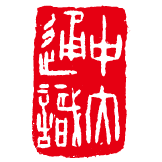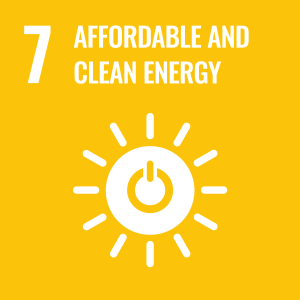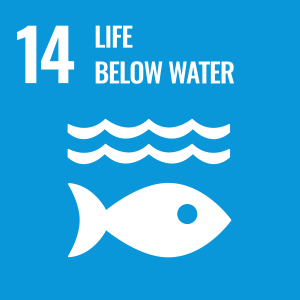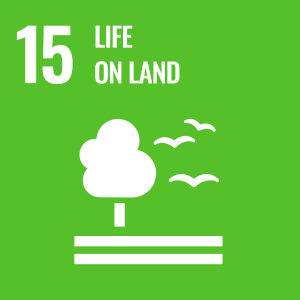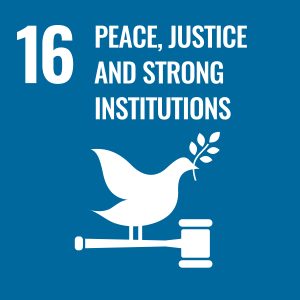UGEC2243 Living in the Anthropocene: Nature, Culture and Power
Time
Lecture: Wednesdays 10:30 a.m. - 12:15 p.m.
Tutorial: Wednesdays 12:30 p.m. - 01:15 p.m.
Instructor
Professor WU Ka Ming
Course Description
(UGEC2243 is double-coded with CURE2018.)
Human have altered the environment in ways that have no precedence in human history. Ecological crisis, environmental degradation, and extreme weathers have become the watchwords of contemporary politics. The conventional boundaries between “nature” and “culture” are now being questioned. How do nature, culture and power intersect in our everyday life? How do we get to understand issues of sustainability and environmental crisis from a broad historical perspective and global activism angle? How are gender, class and race interact with technology, damaged environment, animal and plant species? This course explores these questions and the rich debates in the emerging field of environmental humanity and literature of the Anthropocene.
Class topics are organized on major global green movements that resisted oil pollution, toxic factories, logging companies, dam constructions and nuclear plant building. Students get to learn the historical developments of major environmental activism in the West and the global south. How was the Greenpeace founded? What is the Narmada Dam Movement in India? Do you know Ken Saro-Wiwa, an environmental activist against Shell oil pollution in Nigeria? In each class we examine historical texts, visual materials and theoretical debates to explore how environmental justice has been intertwined with histories of colonialism, neoliberalism, and questions of gender, race, poverty and class. Together the class explores the problem of the Anthropocene (Nature) in the context of colonial history, grass root struggles (Culture) and corporation greed (Power).
This course addresses many of the 17 United Nation Sustainable Development Goals (SDGs): Climate Actions (13), Life on Land (15), Life below Water (14), Peace, Justice and Strong Institutions (16), Clean Energy (7), Reduced Inequalities (10), and Gender Inequality (5). Students are able to identify the weekly course content aligned with specific SDGs and be able to understand these goals in both historical and contemporary contexts.
Learning Outcome
Upon successful completion of this course, students should be able to:
- Acquire knowledge on major environmental struggles and movements in the West and the Global South
- Comprehend the historical relationships between ecological crisis, colonialism and corporate politics
- Analyze the current ecological crisis using the concept of slow violence
- Evaluate the scientific debates of the Anthropocene with knowledge and analysis from the field of environmental humanities.
- Acquire the awareness and contextual understandings of the United Station Sustainable Development Goals

